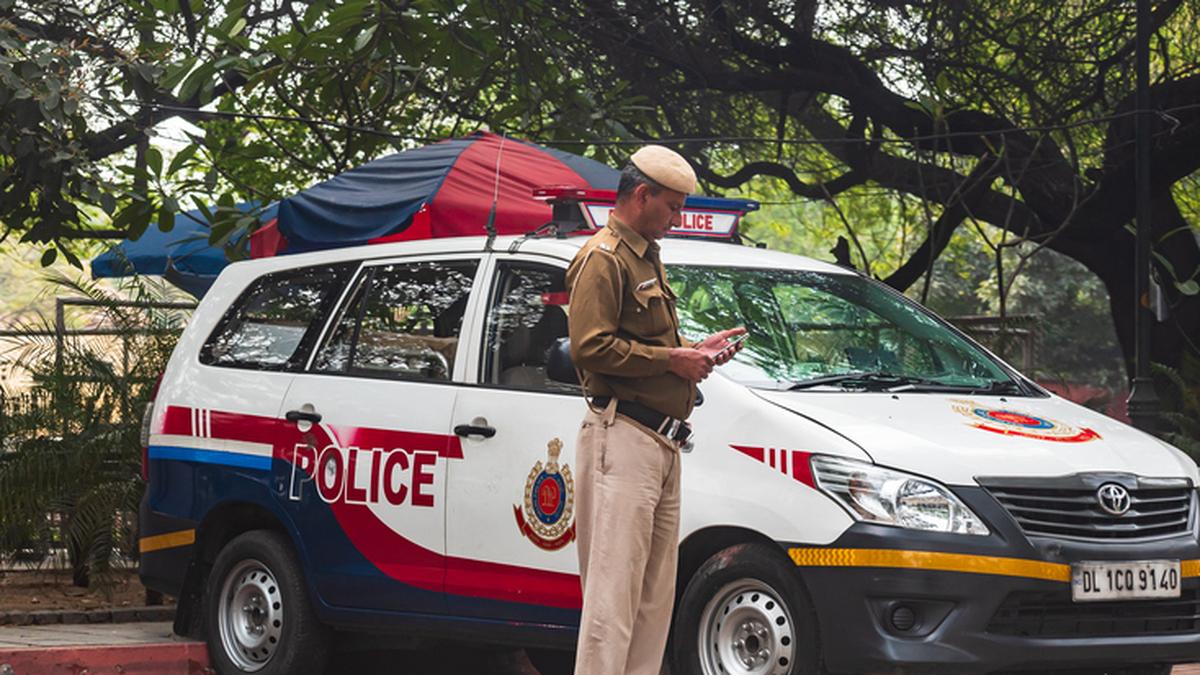



The 2025 UN Convention Against Cybercrime establishes a global framework for 112 nations, surpassing the Budapest Convention. It criminalizes ransomware, fraud, and child abuse, standardizes evidence sharing, and strengthens international law enforcement against transnational cybercrime, creating a unified approach to digital threats.

Copyright infringement not intended
Picture Courtesy: EUREPORTER
The European Union, represented by the European Commission, signed the United Nations Convention Against Cybercrime in Hanoi, Vietnam.
The UN Convention Against Cybercrime, also known as the Hanoi Convention, is the first comprehensive global treaty establishing a universal framework to prevent and combat cybercrime.
It aims to strengthen international cooperation, offer technical assistance, and build capacity, particularly in developing countries.
The UN General Assembly adopted the final text in December 2024, it will enter into force 90 days after 40 states ratify it.
Criminalization of Offenses
Mandates states to criminalize cyber-dependent and cyber-enabled crimes, including illegal access, interception, interference with data/systems, computer-related forgery/fraud, misuse of devices, and child sexual abuse material offenses.
It is the first international treaty to recognize the non-consensual sharing of intimate images as an offense.
International Cooperation Mechanisms
Establishes frameworks for mutual legal assistance, such as extradition and expedited exchange of electronic evidence, and creates a global 24/7 cooperation network.
Capacity Building and Technical Assistance
Supports law enforcement cooperation, technical assistance, and capacity-building, through financial assistance, technology transfer, and human resource training.
Protection of Human Rights
Explicitly states that its application must safeguard human rights and fundamental freedoms, including data protection and privacy.
Scope of Evidence Collection
Serves as a global framework for the collection, sharing, and use of electronic evidence for all "serious offenses," defined as crimes punishable by a maximum deprivation of liberty of at least four years or a more serious penalty.
As of October 2025, India had not signed the treaty due to concerns about privacy, data sovereignty, and governance, despite its participation in the drafting process.
Active Engagement and Priorities
India advocated for stronger supply chains, better critical infrastructure protection, and improved cybercrime fighting capacity, proposing a Global Cybersecurity Cooperation Portal to enhance member state coordination.
Push for Broad Scope
India advocated for a broad treaty on data gathering, collection, and sharing for various crimes, proposing that negligence in protecting 'sensitive' personal data be criminalized.
Concerns Regarding Privacy and Legal Alignment
Concerns about whether the current treaty text aligns with the privacy requirements established by India's Supreme Court in the Puttaswamy judgment (2017).
Legal experts suggest India would need to implement strong voluntary commitments to ensure compliance with domestic privacy standards if it ratifies the treaty.
The UN Convention against Cybercrime aims to establish global consensus on combating cybercrime. Its success depends on widespread ratification and a balanced implementation by nations that prioritizes both security and human rights.
Source: EUREPORTER
|
PRACTICE QUESTION Q. Analyze the limitations of the existing international legal frameworks in effectively combating transnational cybercrime. 150 words |
Cybercrime involves using computers, devices, or the internet for illegal acts, ranging from online fraud and identity theft to malware distribution and cyber-terrorism.
The United Nations Convention against Cybercrime is the first global, legally binding international treaty to provide a comprehensive framework for preventing and combating cybercrime. It aims to harmonize laws, facilitate cross-border electronic evidence sharing, and strengthen international cooperation among nations.
The Budapest Convention on Cybercrime (formally the Council of Europe's Convention on Cybercrime) is the first and most comprehensive international treaty designed to address cybercrime by harmonizing national cybercrime laws, improving investigative techniques, and increasing international cooperation among signatory nations.







© 2026 iasgyan. All right reserved